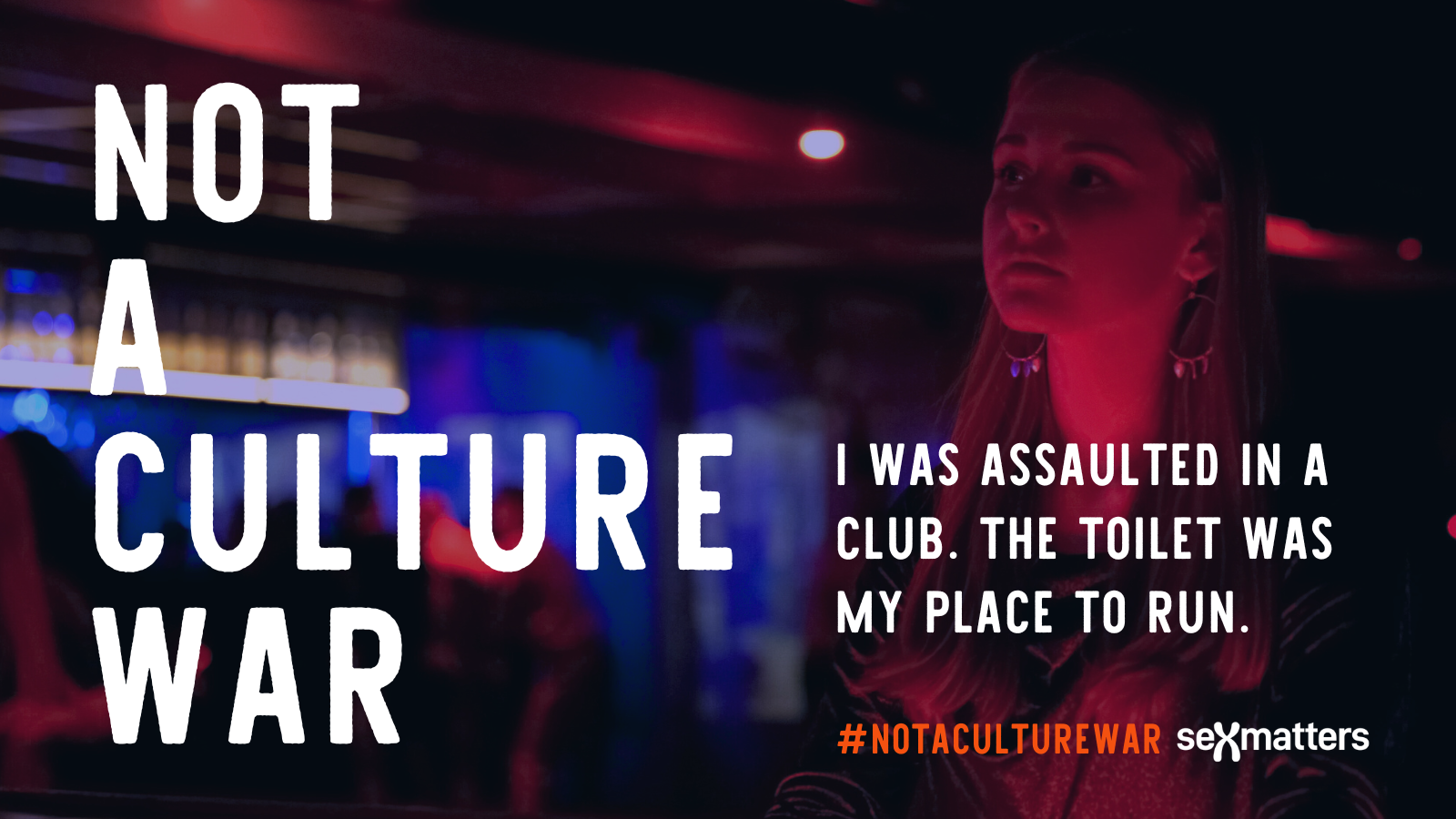This post is part of the Stand up for single-sex services campaign |
This is not a culture war

The Labour leader Sir Keir Starmer said in an interview last week:
“People are exhausted by culture wars. My clear view is that the vast majority of the public in general in the UK are reasonable, tolerant people.”
He cited battles over “trans rights” as an example of culture wars.
Another favourite among politicians is to call for “less heat and more light” on this issue. But try to shine that light, and you’ll quickly find you’re engaged in a “culture war”. They don’t mean more light, they mean less talk. Too often, if social policies are put forward by the “wrong” people – because they disagree on other politics – they are dismissed. We can’t let politicians get away with brushing this off as a confected non-issue. The battle is over the protection of women’s rights, which are being undermined by trans demands.
The needs and rights of half the population are not a culture war, a niche issue or a distraction.
The “culture war” label is a smokescreen
Culture wars are about differences in values rather than serious effects in society. Our concerns are about a clash of rights and demands across a wide range of policy areas that translate into real issues in practice. These need serious and careful consideration. The culture-war label says there are no real issues here, only differences of opinion amped up beyond what is reasonable. It suggests we are objecting to individual choices, a reactionary position only the intolerant would hold.
“It’s a culture war” is another version of “Calm down, dear”. Along with accusations of pearl-clutching and moral panic, it tells people that these are not ideas worth engaging with. The implication is that anyone who raises concerns is especially conservative, hopelessly outdated, or deliberately sowing division. Either way, decent people should steer clear.
The result is a smokescreen that can stop people from seeing and hearing what is really going on, and from recognising that they share our concerns.
Social norms are being eroded and dismissed
Single-sex provision in situations where people are in a state of undress or may be vulnerable is not controversial. There is no widespread demand for public and workplace toilets, changing rooms, hospital wards or prisons to be made mixed-sex. Opinion polls consistently show a large majority in favour of single-sex provision. Yet politicians, and others, use the culture-war label to dismiss those who argue for the continuing relevance and importance of such provision. The silent majority who support single-sex services, and cannot be lumped together under the label of “right wing”, find debate stifled. Who wants to be seen engaging in a culture war?
It’s a one-sided war
If those calling this a culture war would acknowledge that there is indeed a territorial dispute, that trans demands are at odds with women’s rights, there might be some value in the label.
But the term is used to mean nasty transphobes attacking trans people, a one-sided war but in the other direction. When “both sides” are mentioned, it’s only to dismiss the evidence of intimidation against women.
There is a war going on, and it’s an attack on the rights of women and girls. Get beyond the dismissive “culture war” label, and the majority of people across the political spectrum support single-sex services. The extent to which trans demands are in conflict with established principles such as single-sex privacy, good safeguarding practices and free speech needs to be discussed openly and resolved collectively. That is how normal society works. Without the name-calling and dismissive labels, such a conversation can happen. Calling it a culture war demeans and denies us all.
